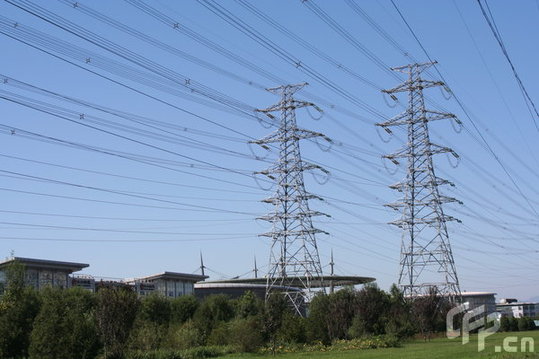China's fixed asset investment in the first quarter rose 28.8 percent year-on-year to 2.81 trillion yuan (US$41.1 billion), the National Bureau of Statistics said Thursday.
 |
| China fixed asset investment rises 28.8% in Q1 [CFP] |
The growth rate was 4.2 percentage points higher than the year before, said NBS spokesman Li Xiaochao.
Urban fixed asset investment stood at 2.36 trillion yuan in the first quarter, up 28.6 percent year on year, or 2.7 percentage points higher. The year-on-year growth in March was 30.3 percent, Li said.
Fixed asset investment in rural areas was up 29.4 percent to 456.7 billion yuan, or 11.1 percentage points higher year on year.
The growth rate in the primary sector (farming, fishing, forestry and the like) remained the highest, up by 85 percent. The secondary sector saw investment rise by 26.8 percent and the tertiary sector by 29.1 percent.
Fixed asset investment surged as the central government extended direct investments and new credit issued in the first quarter, which hit a record 4.58 trillion yuan, ensured sufficient liquidity, Li said.
![China fixed asset investment rises 28.8% in Q1 [CFP] China fixed asset investment rises 28.8% in Q1 [CFP]](http://images.china.cn/attachement/jpg/site1007/20090416/00016c8b5de90b51310a58.jpg) |
| China fixed asset investment rises 28.8% in Q1 [CFP] |
The central government extended 100 billion yuan for investment last year and planned to allocate 130 billion yuan this year to rural infrastructure projects, such as railways and roads, as well as healthcare and education, he said.
"The economy showed obvious signs of recovery in March driven by investments," said Zhang Hanya, a researcher with the National Development and Reform Commission.
"It is usually three months to half a year between making decisions and putting in place investments. The first quarter statistics reflected investment projects that were made after the rolling out of the 4-trillion-yuan stimulus package last November. But more new projects have been carried out early this year," he said.
According to the NBS, the total investment involved in new projects rose 87.7 percent in the first quarter year on year.
Zhang predicted the fixed asset investment in the second quarter may surge 30 percent from a year earlier.
(Xinhua News Agency April 16, 2009)